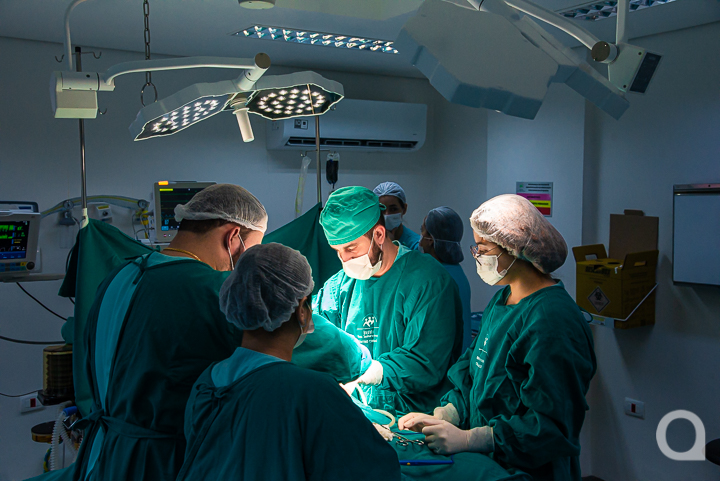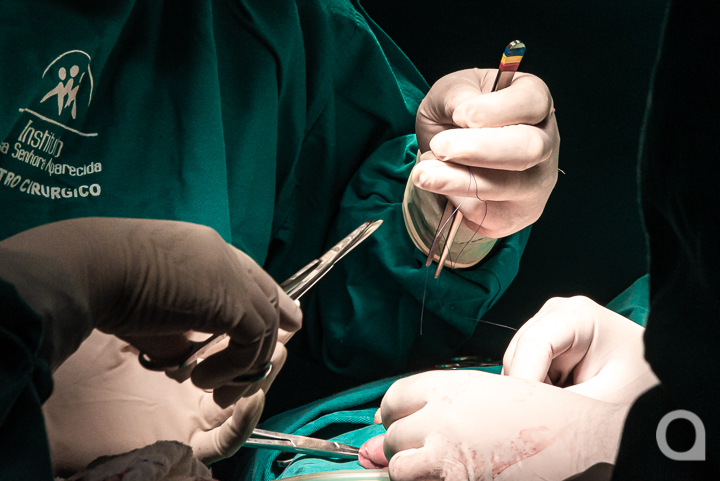The Nossa Senhora Aparecida Institute (Insa) has been performing bariatric bypass surgeries since the introduction of its new team, made up of renowned medical specialists. Members include doctors Wanderlester Duque Tavares, who specializes in gastrointestinal surgery; Bruno Barros, General Surgeon; and Lercio Araujo Oliveira, who also specializes in general surgery. All of them have experience in general surgery and gastrointestinal endoscopy.
On Friday (14), the team performed three surgeries, a total of 23 operations completed in 2024 alone, and there are approximately 120 operations in the pipeline. INSA is constantly dedicated to improving hospital operations thus ensuring service excellence.
“The hospital has a multidisciplinary team to help patients. We are performing more and more surgeries on patients who are morbidly obese, with a body mass index of more than 50. This is a chronic, multifactorial disease that is difficult to control and requires a very complex hospital center and a large multi-disciplinary team.” Specialties: “At Insa we have constant monitoring by a team of nutritionists, psychologists, endocrinologists, cardiologists, pulmonologists, physical trainers and intensive care support,” said Dr. Wanderlester.
Wanderlester (pictured below) also highlighted that some patients had already lost around 50 kilograms and were able to resume their daily activities, such as riding the bus or tying up sneakers, which are simple activities for most people, but challenging for those who are obese.

“Some patients are already in remission from diseases such as hypertension, diabetes, sleep apnea, etc. For us doctors, it is very gratifying to develop this work and restore quality of life to patients, improve depression caused by obesity and facilitate the movement of these people.

Transgression
The bypass method is used to treat morbid or severe obesity, as well as diseases associated with excess body fat. Bypass surgeries, known as hybrid techniques, are known for their high patient satisfaction, effective control of associated morbidity, and sustained long-term weight loss.

In this procedure, the stomach is reduced by cutting or stapling, and the intestine is modified to connect to the part of the stomach that remains functional. In Brazil, the bypass method accounts for more than 70% of obesity surgeries and is widely adopted by the Unified Health System. Most patients report a good quality of life after the first few months of the procedure.






https://obemdito.com.br/noticia/201988/umuaramense-celebra-sucesso-em-cirurgia-bariatrica-realizada-no-instituto-nossa-senhora-aparecida
